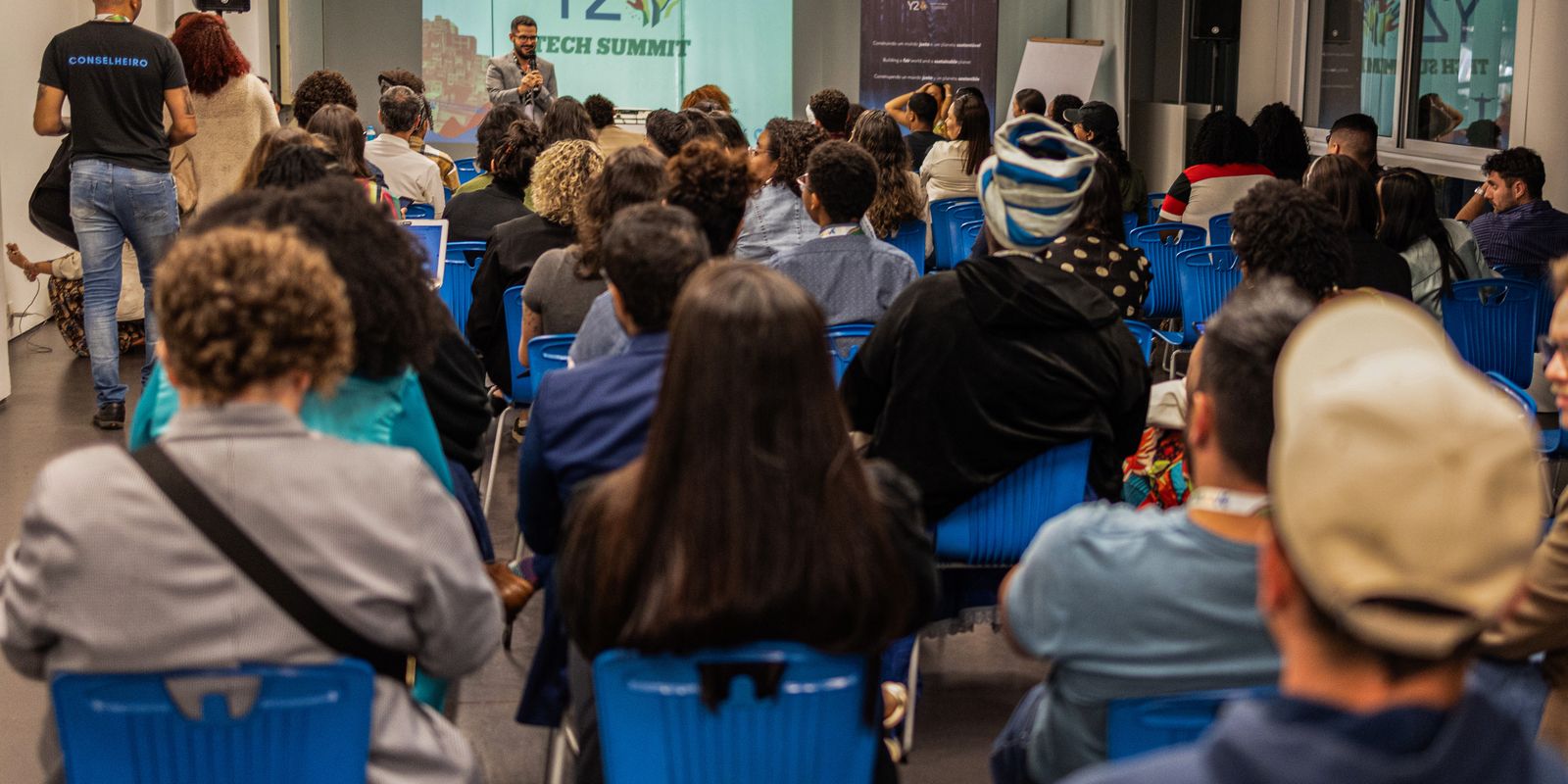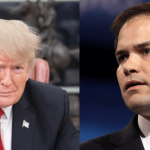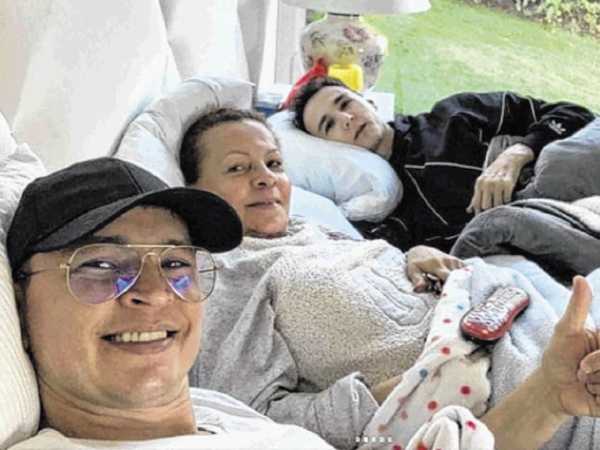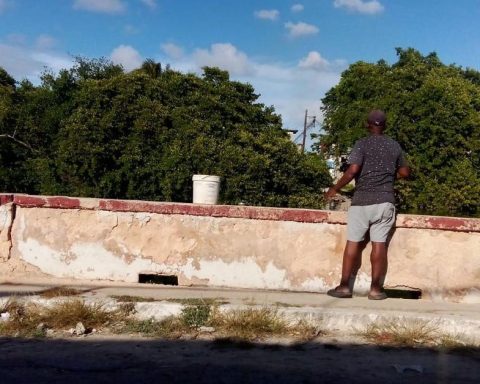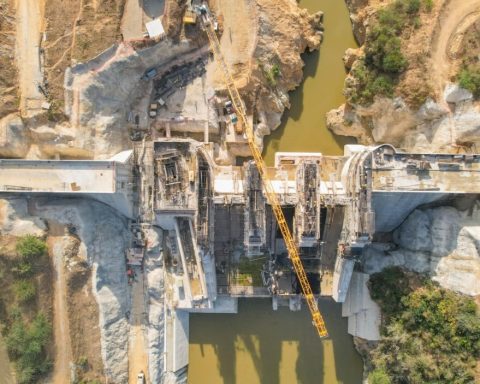Young representatives from the countries that make up the G20 are meeting this week in Rio de Janeiro for Youth20, the G20 Youth Engagement Group, or simply Y20.
By Friday (16), the group must approve a document that will be forwarded to representatives in the other G20 discussion tracks and should finally reach the heads of state at the Leaders’ Summit in November.
“The Y20 is the official youth group of the G20. It is a group that brings together young leaders from the largest economies on the planet. We are talking about 85% of the world economy, two-thirds of the world population. And what is discussed at the G20 certainly influences people’s lives around the world,” said Y20 president Marcus Barão at a press conference on Monday (12).
The debates began on Monday (12), International Youth Day. The meetings should produce a document that will be delivered to the Heads of State. The group is, for the first time, led by Brazil and has 200 international representatives and an estimated general audience of 2,000 people.
The discussions over the next few days will focus on five priority themes. Three of them are themes defined as priorities for the G20 meetings by the Brazilian presidency: combating hunger, poverty and inequality; climate change, energy transition and sustainable development; and reform of the global governance system.
In addition to these themes, other issues that are priorities for young people were included: inclusion and diversity, innovation and the future of the world of work.
“The products of this negotiation are effectively proposals for each of these five themes and these proposals present, then, what the demands of the youth are, what the demands are, but also what is a priority for the youth”, explained Barão.
For each of these issues, the countries have chosen delegates to represent them in the discussions. The group of five young people from the Brazilian delegation, aged between 18 and 35, with outstanding performance in each of the areas, were selected based on a public notice. The delegates are: Philippe Silva, Mahryan Sampaio, Daniela Costa, Leandro Corrêa and Guilherme Rosso.
“Brazil has proposed that this debate have a social reach and be able to discuss the challenges that are fundamental for what several scholars call us being able to postpone the end of the world,” said Brazil’s National Secretary for Youth, Ronald Sorriso, who also participated in the press conference.
Barão hopes that the final document can bring the strength of the youth’s desires and that it can transform reality. “Our message was: we need a strong document. This document needs to represent the desires and aspirations of the youth. As we speak here, young people are dying in our country. There are people going hungry. This is not a simulation, this is not a joke, this is very serious. And for that, this document needs to be strong. To be strong, we need to have unity and reach consensus.”
Y20 and G20
The Y20 has been officially held since 2010 and is recognized as one of the most influential international forums and one of the most important in the world on the subject of youth. The Y20 seeks to provide young leaders from around the world with the opportunity to participate as protagonists in the processes of reflection on global issues, discussions and decisions of the G20.
The G20, in turn, is made up of Argentina, Australia, Brazil, Canada, China, France, Germany, India, Indonesia, Italy, Japan, Republic of Korea, Mexico, Russia, Saudi Arabia, South Africa, Turkey, the United Kingdom and the United States, in addition to the European Union.
G20 members represent about 85% of global gross domestic product (GDP, the sum of all goods and services produced by a country), more than 75% of global trade and about two-thirds of the world’s population.
Since 2008, the countries have taken turns holding the presidency. This is the first time that Brazil has presided over the G20 in its current format.
